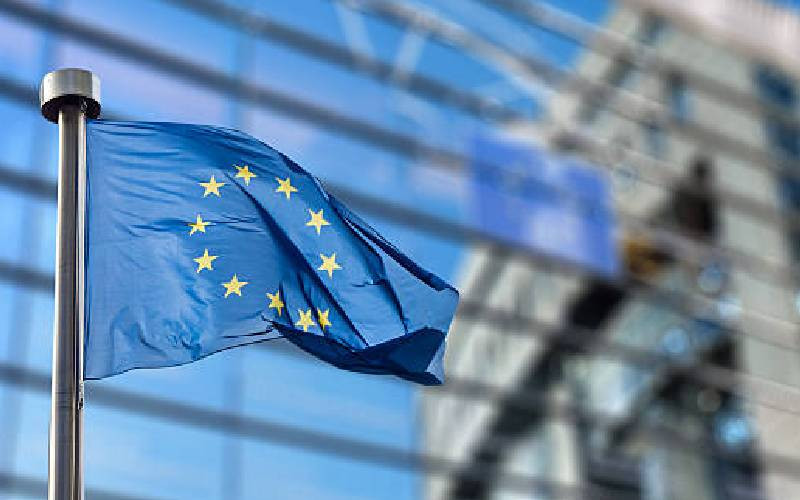×
The Standard e-Paper
Smart Minds Choose Us

Over the years, Kenya has made immense progress to decarbonise the electricity mix.
Today, more than 90 per cent of Kenyan electricity is produced from diversified renewable sources. In the years to come, the country might become a climate-resilient nation with a net-zero future.